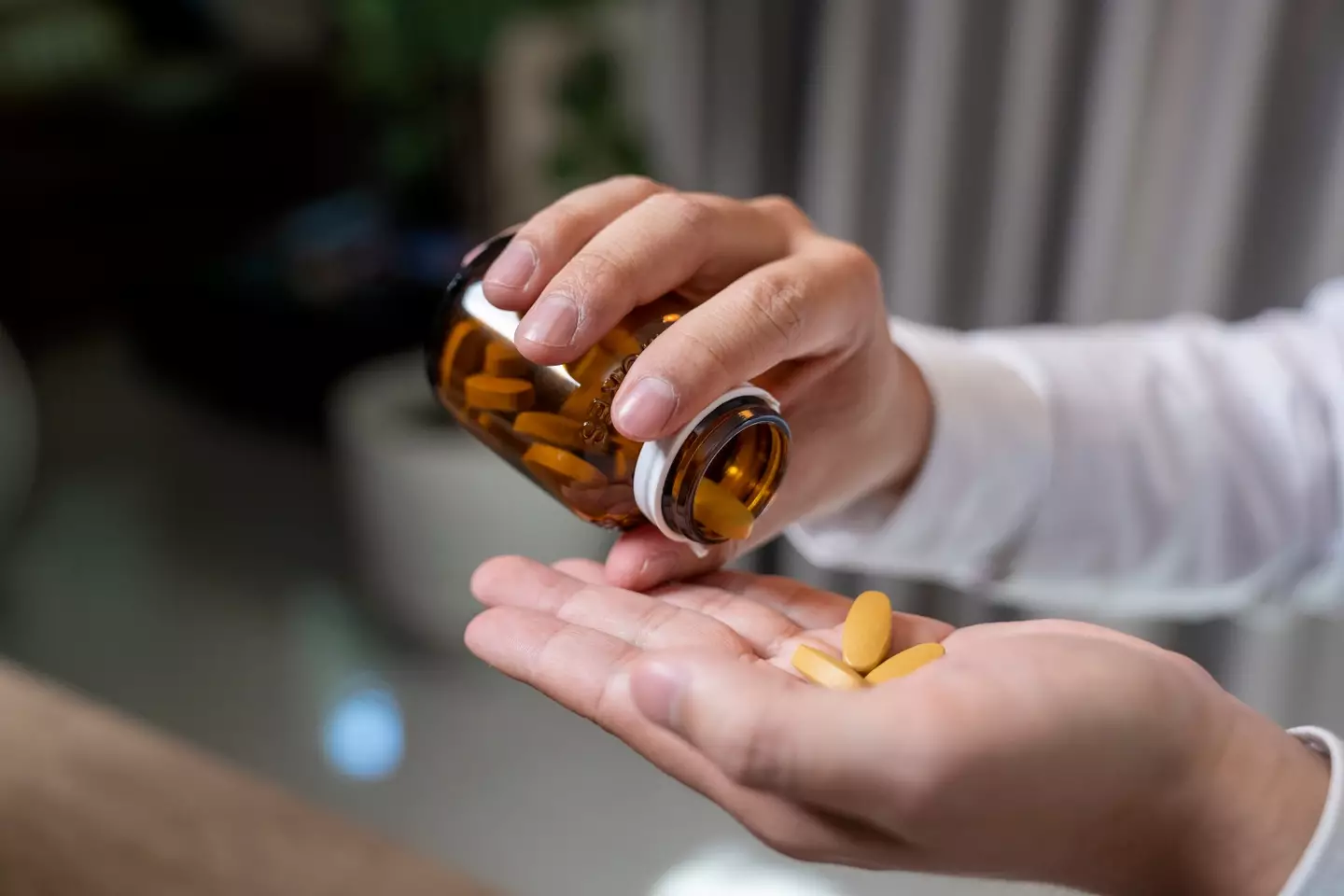
Concerns have been raised over vitamin D supplements after a pharmacist issued an important warning to anyone taking them.
With light evenings and sunshine becoming a distant memory as we get into the colder months, more and more people are turning to the tablets to get their daily dose of the nutrient.
As per the NHS website, vitamin D helps regulate the amount of calcium and phosphate in the body, which are needed to keep bones, teeth and muscles healthy.
The body actually creates its own vitamin D from direct sunlight on the skin when outdoors for the brighter half of the year and we can also get the vitamin from certain foods and from supplements.
Advert
But, in the UK, the Government have actually recommended that everyone should consider taking a daily vitamin D supplement between October and early March, when we don't make enough vitamin D from sunlight.
However, it's really important that we're taking the right amount as ingesting too much of the nutrient can cause some serious health damage.

Speaking to Surrey Live, Jana Abelovska, Superintendent Pharmacist at Click Pharmacy, explained: "The recommended daily amount of vitamin D for adults aged between 19 and 70 is 15 mcg which is 600 IU or International Units, a unit used to measure vitamins.
"Don't take too much vitamin D. Because it's a fat soluble vitamin it can build up in your body easier than other vitamins."
The expert warned: "Taking too much vitamin D long term can lead to hypercalcemia, an excess of calcium in the body, which can cause problems with your heart, kidneys and bones. 4,000 IU or 100 mcg is considered to be the upper limit of safe vitamin D supplementation."
The NHS website also warns not to exceed the 4,000 IU limit adding: "Do not take more than 100 micrograms (4,000 IU) of vitamin D a day as it could be harmful. This applies to adults, including pregnant and breastfeeding women and the elderly, and children aged 11 to 17 years."
What is vitamin D toxicity?
As we said, if you do take too much vitamin D, you could end up suffering from hypercalcaemia, also known as vitamin D toxicity.
It's a rare condition but it's usually caused by taking large doses of the supplements, not by too much sun or the foods you're eating.
Mayo Clinic explains that vitamin D toxicity is a buildup of calcium in the blood - and it has some pretty nasty side effects.
It can cause an upset stomach and vomiting, weakness, and frequent urination, as well as bone pain and kidney troubles such as kidney stones.

If you have hypercalcaemia, you should immediately stop using the supplements.
You also may need fluids given through a vein for hydration, as well as prescribed medicines to lower the calcium levels in your blood.
So, tempting as it may be to take a high dose throughout autumn and winter, you really have to stick to the recommended amount.
Speaking of the best way to get vitamin D into your system, Abelovska explained that is 'through your diet, supported by supplements like tablets, capsules, gummies or sprays that you use directly into your mouth'.
She explained: "Vitamin D is fat soluble, which means that it is absorbed into the body along with fat - this means taking your vitamin D supplement with food that contains some healthy fats, such as nuts or yoghurt, will help your body absorb it much better."